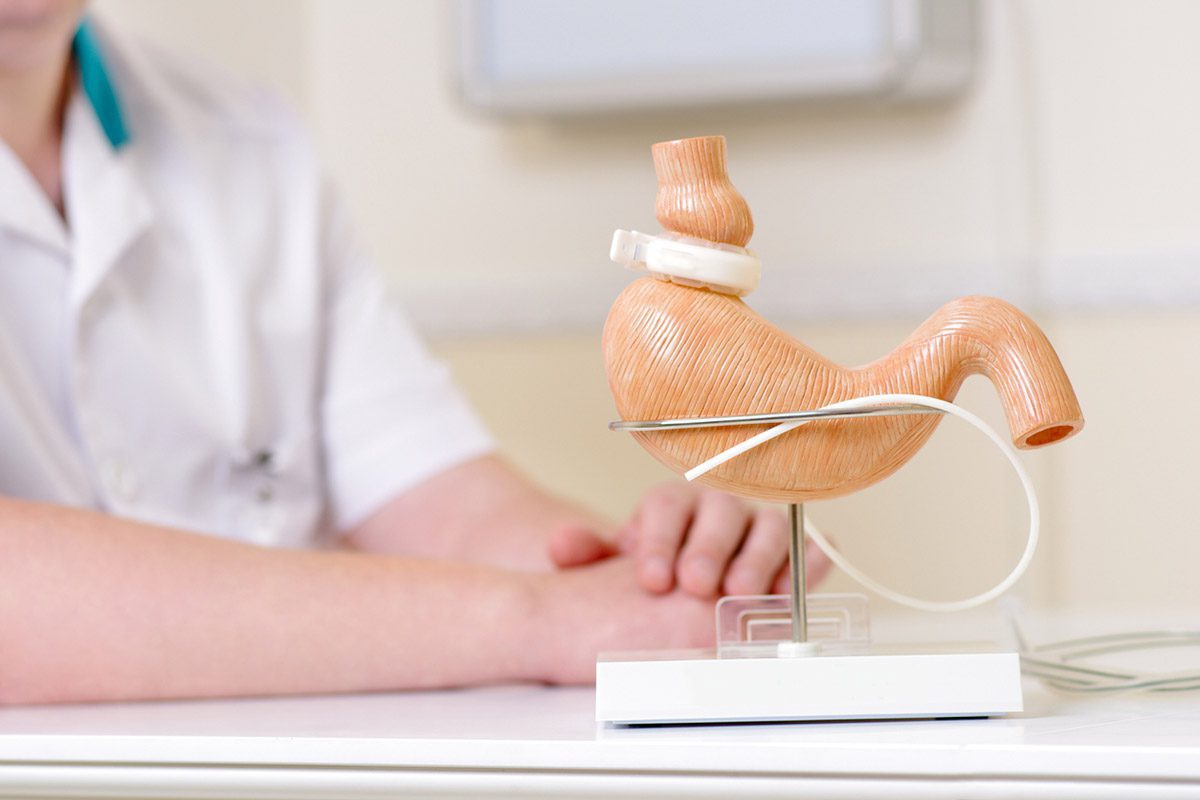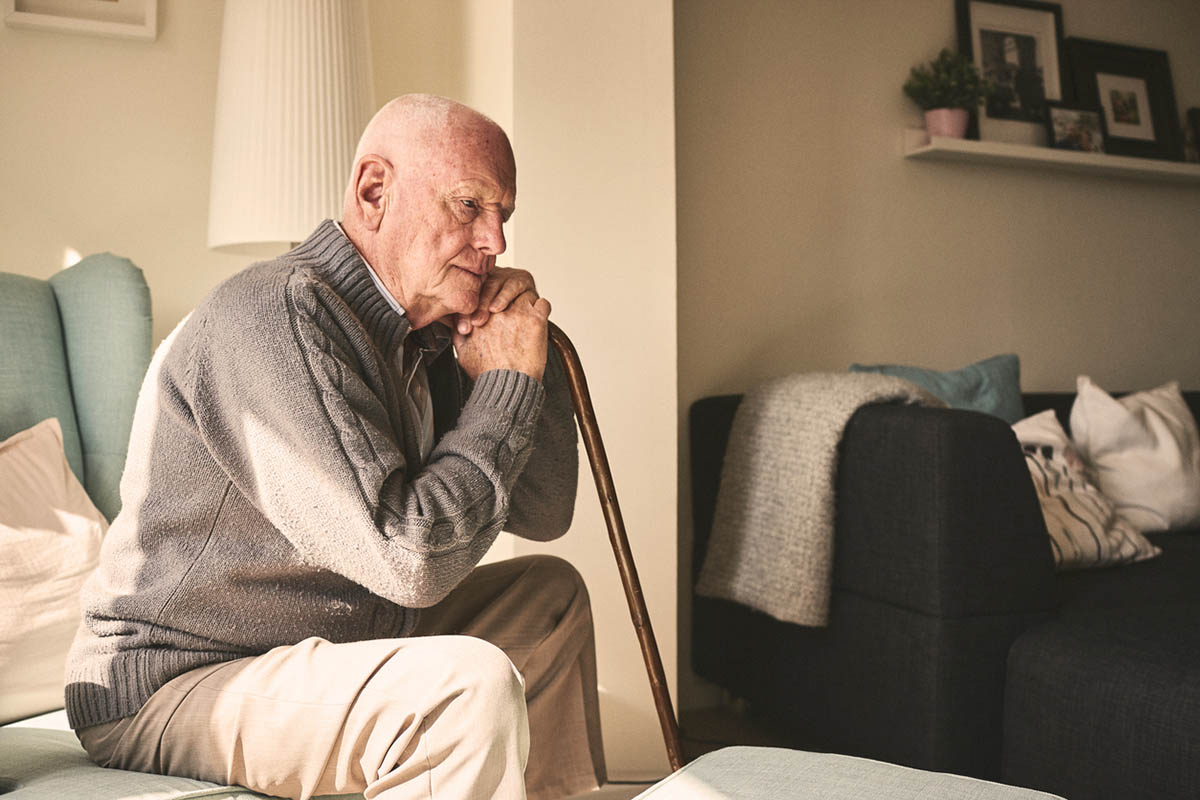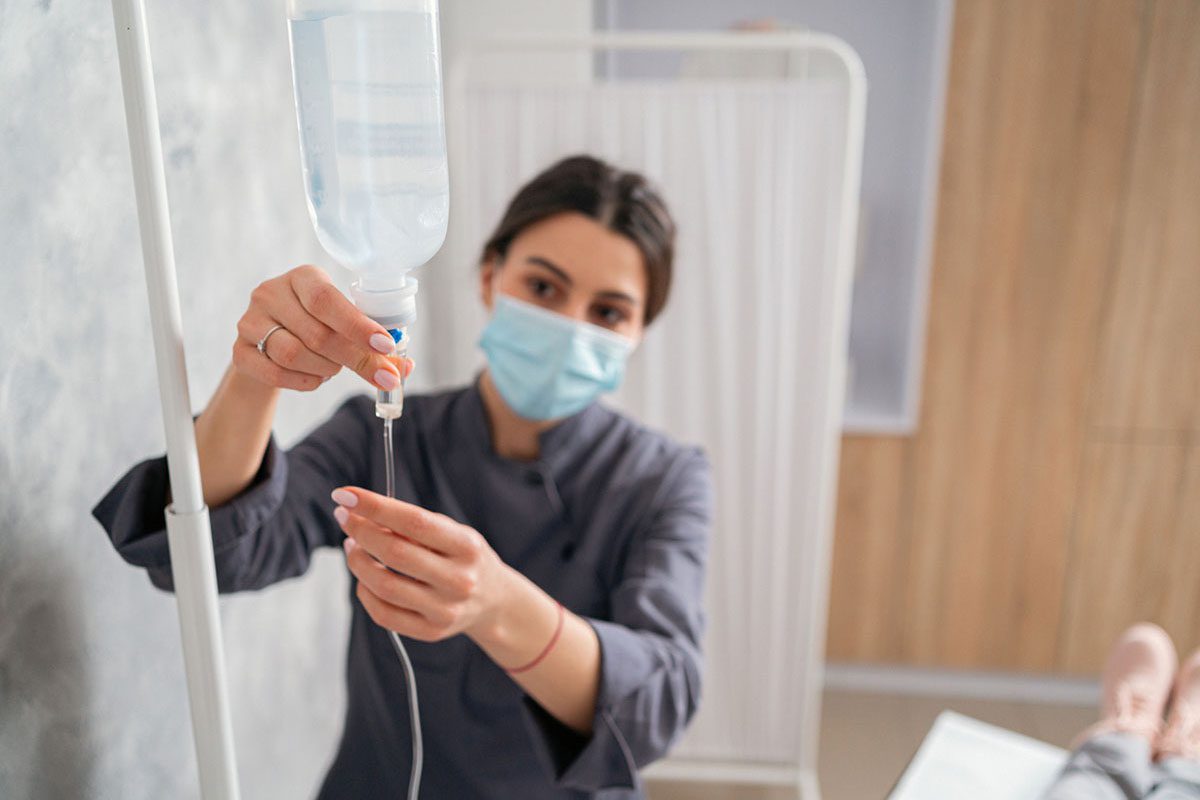Patients and Clinicians Report Higher-Than-Average Satisfaction With Psychiatric Genotyping for Depressed Inpatients
To the Editor: We appreciate the study by Hoop et al1 of "early adopting" psychiatrist views of pharmacogenetic testing. There is now more awareness about pharmacogenetic testing, and such reports will better inform our field. Our department was one of those surveyed, and here we describe our separate study of patient and clinician satisfaction with pharmacogenetic testing.
Method. We surveyed patient and clinician satisfaction with pharmacogenetic testing ("genotyping") in an inpatient mood disorders unit (MDU), a 14-bed unit admitting patients aged 18 to 65 years with a primary diagnosis of unipolar or bipolar depression using DSM-IV-TR. Many patients receive genotyping (cytochrome P450 2D6 and 2C19, serotonin transporter gene, and serotonin receptor gene) as part of routine clinical care if they experienced medication intolerance or inadequate response with psychotropic medications.
We initially surveyed satisfaction with Mayo Medical Laboratories genetic testing center ("the first study"; Mayo Clinic, Rochester, Minnesota) and subsequently with the AssureRx Health (http://www.assurerxhealth.com, Mason, Ohio) GeneSightRx system ("the second study") as the latter report had a turnaround time of 2 days compared to 5 days and also included a table of medications thought to be most compatible with the patient’s genotype. In the first study, patients were aware that the genotyping was routine clinical care and that billing would be submitted to their insurance company. In the second study, patients were prospectively enrolled and the costs of genotyping were paid by AssureRx.
At the end of the patient’s hospital stay, a Likert scale (1-5, 5 = best) and open-ended questions were given to the patient and clinician. Patients were asked about their expectations of genotyping, how well the results were explained to them, and their overall satisfaction. Clinicians were asked to rate satisfaction with report turnaround time, the usefulness of the report, whether the report influenced treatment decisions, and their overall satisfaction. We included only those surveys that were part of a complete set, that is, both the patient and the treating clinician completed the surveys.
The first study, conducted from March to September 2008, resulted in 37 complete sets of patient and clinician responses. Eighty-six patients received genotyping ordered by 3 unique clinicians. The second study, conducted from November 2008 to February 2009, resulted in 38 complete sets of responses. Fifty-one patients received genotyping ordered by 6 unique clinicians. Patients were predominantly female (70%) and had a mean age of 44 years.
Results. Patient satisfaction. For the first study, 14 patients (38%) were aware of genotyping prior to hospitalization, compared to 8 patients (21%) in the second study. Mean overall satisfaction with the first and second reports was 3.4 and 3.8 (1-5 scale, 5 = best), respectively. Mean patient perception of the clinician’s explanation of test results was 3.6 and 4.1, respectively.
Clinician satisfaction. Mean overall clinician satisfaction was 3.5 for the first report and 3.7 for the second report. Other results, reported as the first study versus the second study, were 37% (10/27, the denominator representing instances when genotyping results were available by discharge and both patient and clinician completed the survey) versus 50% (n = 17/34) changed medications based on test results, 3.5 versus 4.6 for "ease of use" of the test results, 3.3 versus 3.7 for "influence on decision making," 3.6 versus 3.9 for "usefulness," and 3.4 versus 3.7 for "satisfaction with turnaround time." For turnaround time, results fully available to clinicians by the time of discharge were 57% for the first report and 72% for the second report.
Genotyping is well-received by inpatients with depression and their treating clinicians, and up to 50% of clinicians reported that the genotyping results changed their medication management strategies. Patients and clinicians reported satisfaction higher than the "average" score of 3 on a 5-point Likert scale. The second report (GeneSightRx) was consistently rated higher than the first report (Mayo Medical Laboratories).
Reference
1. Hoop JG, Lapid MI, Paulson RM, et al. Clinical and ethical considerations in pharmacogenetic testing: views of physicians in 3 "early adopting" departments of psychiatry. J Clin Psychiatry. 2010;71(6):745-753. PubMed doi:10.4088/JCP.08m04695whi
Author affiliation: Department of Psychiatry and Psychology, Mayo Clinic, Rochester, Minnesota. Mr Allen now works for AssureRx, Mason, Ohio. Potential conflicts of interest: Mr Allen is an employee of AssureRx; however, during this study and the writing of this letter, he was still employed by the Mayo Clinic and had no financial involvement with AssureRx. Funding/support: AssureRx provided genotyping testing for their portion of this study. Neither Dr Kung nor Mr Allen has received any financial support from AssureRx. Previous presentation: Data previously presented at the American Psychiatric Association Annual Meeting; May 21, 2009; New Research poster session (poster NR7-047), San Francisco, California.
doi:10.4088/JCP.10l06310blu
© Copyright 2011 Physicians Postgraduate Press, Inc.





